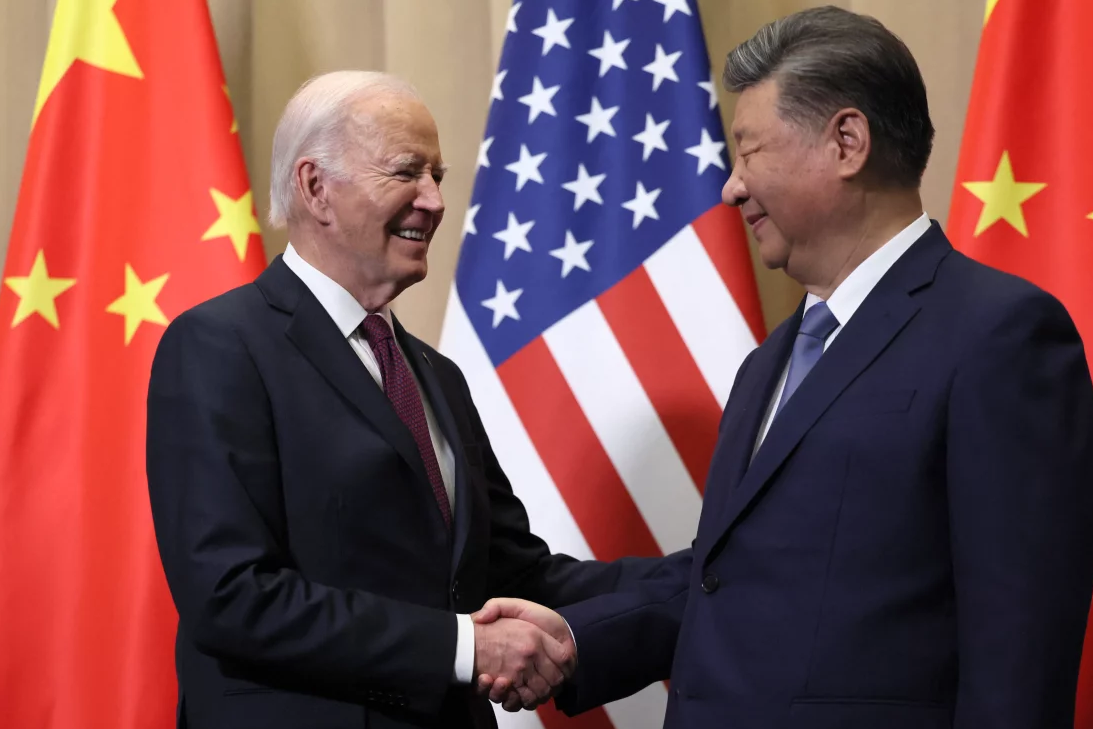
David Shambaugh, Gaston Sigur Professor and Director of China Policy Program at George Washington University, Distinguished Visiting Fellow at Hoover Institution of Stanford University
Nov 22, 2024
As the outgoing Biden administration gives way to the incoming Trump administration, Presidents Biden and Xi Jinping met in Lima, Peru for the final time as national leaders. The working summit meeting caps four years of turbulent relations between the two nations and governments. But despite tensions, the two sides have managed to successfully reestablish channels of intergovernmental communication that have served to stabilize the relationship to some extent.
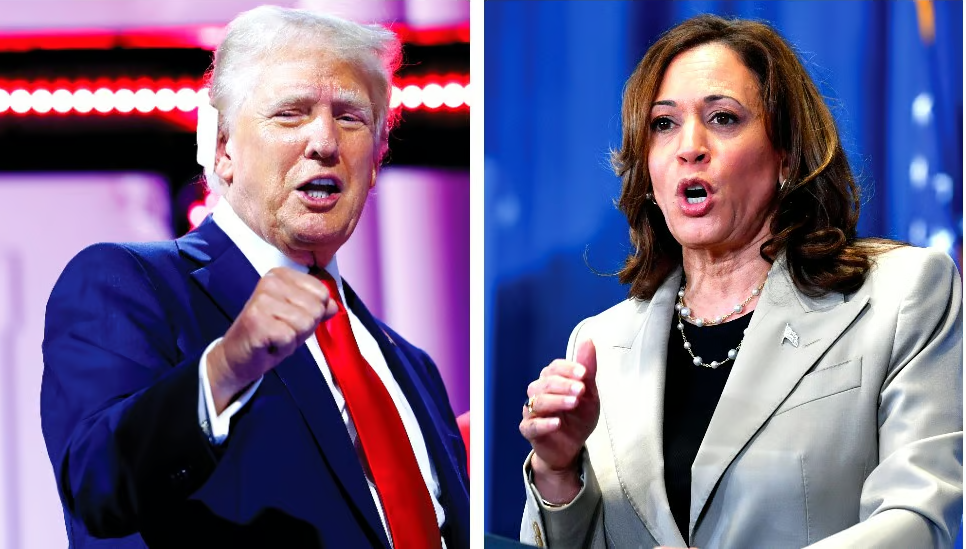
Christopher A. McNally, Professor of Political Economy, Chaminade University
Aug 23, 2024
The upcoming presidential election in the United States could significantly impact China-U.S. relations, though it’s uncertain how each candidate will ultimately approach Beijing. Neither major candidate is perceived as being willing to improve the bilateral relationship at this point, so things could very well get worse.
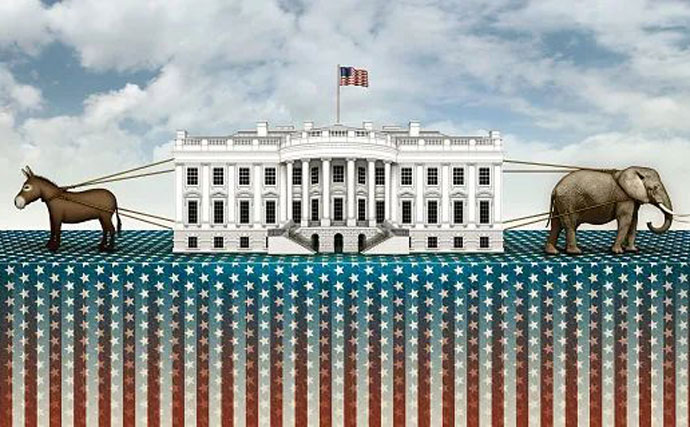
Li Yan, Deputy Director of Institute of American Studies, China Institutes of Contemporary International Relations
Feb 01, 2023
Both major political parties in the U.S. will manipulate the China issue to show unity, which will affect China-U.S. relations. Faced with an extremely polarized country, a Congress with no self-control and a U.S. administration subject to pressure, China must refine and enrich its own policies.
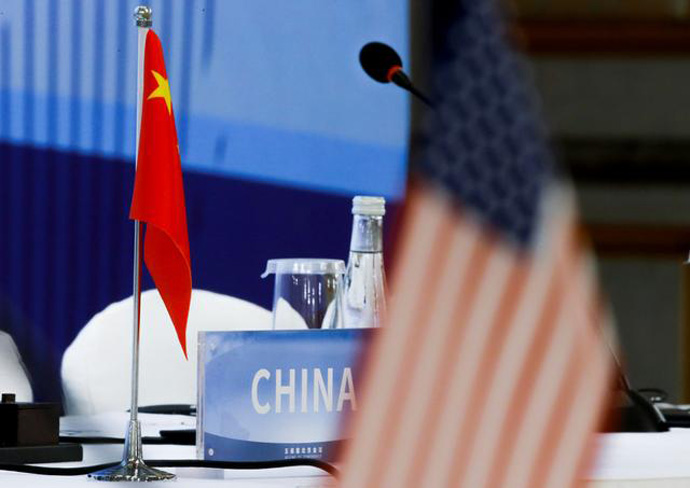
Zhao Minghao, Professor, Institute of International Studies at Fudan University, and China Forum Expert
Aug 01, 2022
The recent conversation offered an opportunity to manage bilateral relations from a strategic height. But because of domestic political strife in the U.S, there will likely be no letup in attempts to amplify “China threat” rhetoric.
Wang Zhen, Research Professor, Shanghai Academy of Social Sciences
Jul 25, 2022
The U.S. president has failed to reverse the harmful effects of Donald Trump’s sanctions. In fact, by continuing them, especially in the high-tech arena, America has unleashed a vigorous wave of energy in China to catch up, which will only lead to a loss of U.S. market share.
Li Shaoxian, President, China Institute for The Study of Arabian Countries, Ningxia University
Jul 25, 2022
U.S. President Joe Biden’s recent trip to the Middle East was disappointing at best against the backdrop of the conflict in Ukraine. The Biden administration’s attempt to promote allegiance against Russia and promote oil production has ultimately fallen flat.
Richard Weitz, Senior Fellow, Hudson Institute
Jun 14, 2022
The Biden administration is prioritizing its foreign policy strategy in Asia by extensive outreach and alliances in the region. Strategic partnerships with other countries, particularly in the Indo-Pacific , are crucial for the U.S. to keep up with China’s growth in the region.
Shen Dingli, Professor, Institute of International Studies, Fudan University
May 31, 2022
There was nothing new revealed in the U.S. president’s visit, other than launching Indo-Pacific Economic Framework. Roping in Japan and South Korea and declaring that the U.S. would “intervene” in a Taiwan conflict, all amounted to old news.
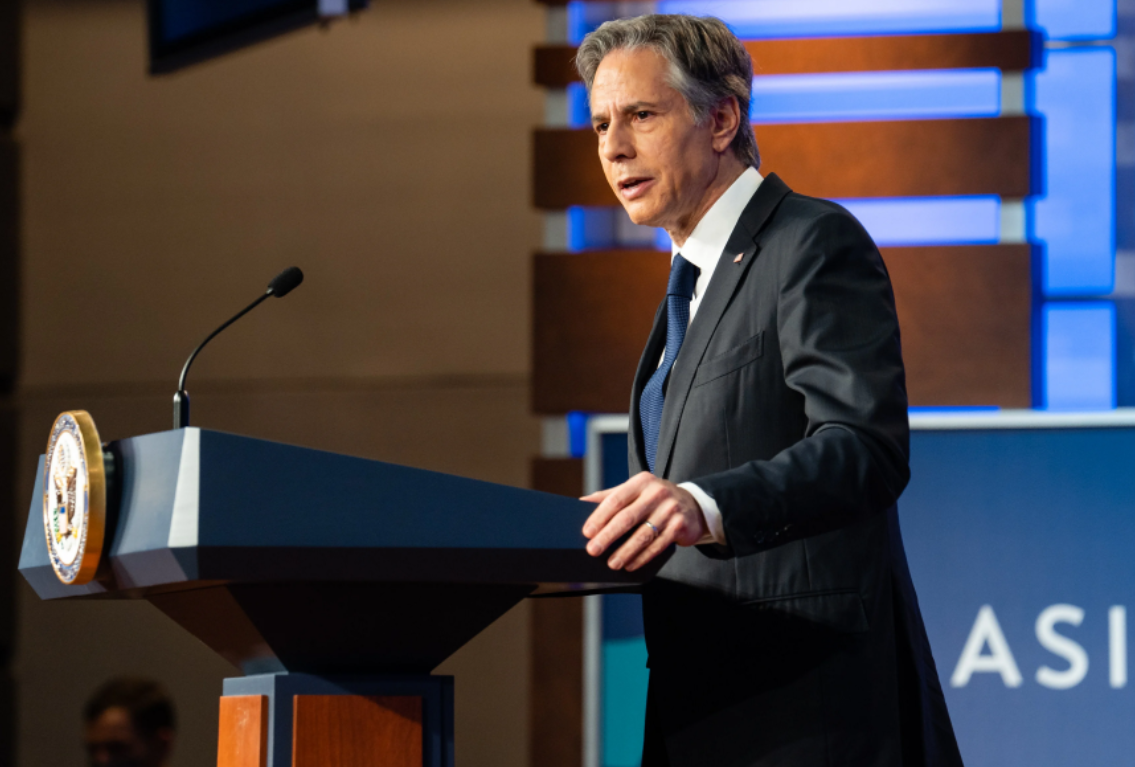
David Shambaugh, Gaston Sigur Professor and Director of China Policy Program at George Washington University, Distinguished Visiting Fellow at Hoover Institution of Stanford University
May 30, 2022
Secretary of State Antony Blinken delivered his speech on the Biden administration’s approach to China last week. While he laid out a laundry list of China-U.S. policy issues, the administration must now actively fashion an integrated strategy to deal with the ongoing challenges presented by Beijing.
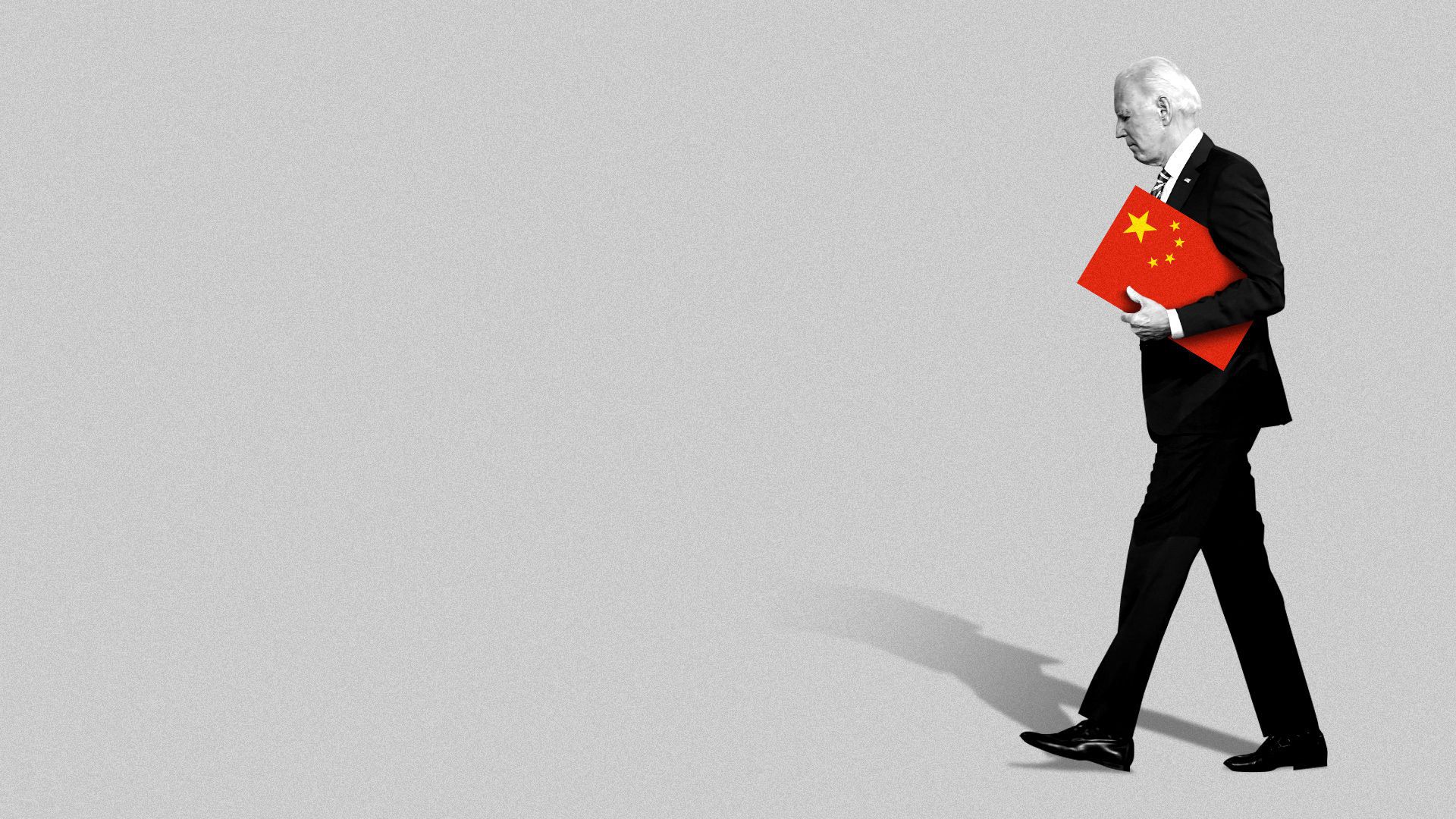
Shen Yamei, Director, Department for American Studies, China Institute of International Studies
May 26, 2022
Multiple factors are preventing the United States from unveiling a clear position. Uncertainties in domestic politics, the conflict in Ukraine, an alleged China-Russia axis and the Taiwan issue all factor in. The U.S. is at a foreign policy crossroads in a complex environment.